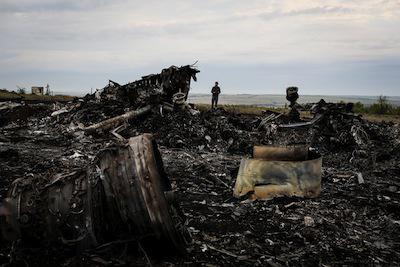
Tweets: What ought to be their evidentiary value and legal status under international law?
On 18 July 2014 the world awakened to yet another tragedy: the downing of the Malaysian Airlines flight HM17 over pro-Russian separatist territory of Ukraine, which in its horrendous totality shocked the collective conscience of the public. Claims of responsibility for the tragedy spread over the then innocuous social media portal, Twitter, and instantly internationalized what had been perceived as a largely domestic conflict. What gradually came into view was the deployment of Twitter as a propaganda tool and a means for nefarious communication, subject to virtual deletion and emendation for the purposes of advancing a military objective and a political cause. References to tweets and videos bearing an imprint of responsibility were invoked in the Security Council’s emergency meeting hours later, where the US Ambassador to the United Nations, Samantha Power, cited them in her impassioned speech.
This raises a legal conundrum, namely, what is the legal status of a boastful Twitter confession by separatist leaders of a state-sponsored rebel group containing first-hand accounts and admissions of responsibility for shooting down a plane in the midst of a conflict? Are tweets a novel form of incriminating evidence in a rapidly changing terrain of modern warfare? What ought to be their evidentiary value and legal status under international criminal law, international law of armed conflict and international humanitarian law? Finally, what criminal liability should those claiming responsibility bear under domestic and international law?










